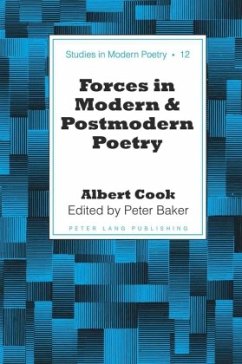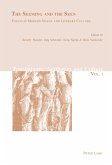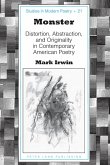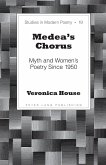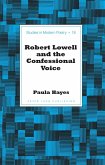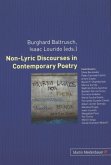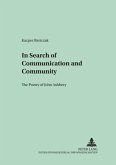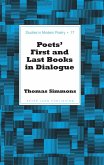Forces in Modern and Postmodern Poetry examines the works of classic authors in the modern and postmodern literary tradition, including Stéphane Mallarmé, Wallace Stevens, Samuel Beckett, Gertrude Stein, Charles Olson, Paul Celan, Ezra Pound, William Carlos Williams, Louis Zukofsky, and John Ashbery, all from a comparative perspective. The concepts, modern and postmodern, are not used to provide definitive answers but to raise questions concerning the status of representation, issues of the self, and the use of imagery and musical invention. The wide range of the study is matched by the richly detailed analysis of specific poetic texts from an author noted for the scope and acuity of his attention to modern poetry in all its varied forms.
Bitte wählen Sie Ihr Anliegen aus.
Rechnungen
Retourenschein anfordern
Bestellstatus
Storno

